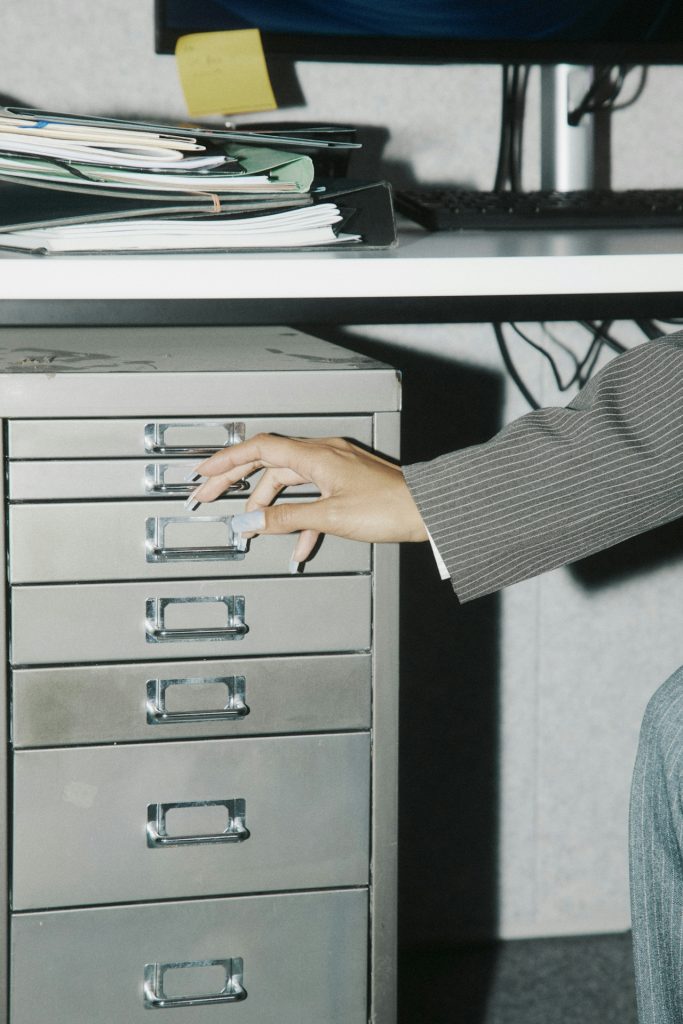B.C. is burning.
For many residents of the province, wildfires are a way of life during the summer months and campfire bans and safety campaigns are all over the media. With June through August typically the driest months of the year, the chance of B.C.’s forests catching fire by lightning strikes or human carelessness is very high.
By mid-last week there were no less than 31 “wildfires of note” engulfing the province: seven in the Kamloops Fire Centre (which includes the Okanagan), three in the Cariboo Fire Centre, nine in the Northwest Fire Centre, six in the Southeast Fire Centre, five in the Prince George Fire Centre, and one in the Coastal Fire Centre. Firefighters have had to deal with several new blazes in the southeast of the province as well, including a 35-hectare blaze a mere 10 kilometres from the Salmo-area site of the Shambhala Music Festival.
 Tragically, the Alkali Lake wildfire has destroyed over two dozen structures in the remote community of Telegraph Creek. Chief Rick McLean, from the Tahltan Nation, said 27 structures have been lost in the town and hundreds of people (including locals, firefighters, and seasonal sockeye fishermen) have left the area. The Snowy Mountain wildfire, now 40 percent contained, remains the largest in the province and covers 120 square kilometres. With nearly 500 wildfires burning across B.C., the danger rating has risen to ‘high’ or ‘extreme’ in virtually every part of the province.
Tragically, the Alkali Lake wildfire has destroyed over two dozen structures in the remote community of Telegraph Creek. Chief Rick McLean, from the Tahltan Nation, said 27 structures have been lost in the town and hundreds of people (including locals, firefighters, and seasonal sockeye fishermen) have left the area. The Snowy Mountain wildfire, now 40 percent contained, remains the largest in the province and covers 120 square kilometres. With nearly 500 wildfires burning across B.C., the danger rating has risen to ‘high’ or ‘extreme’ in virtually every part of the province.
According to the B.C. Wildfire Service’s current statistics, as of August 9th, the total area burned in the current fiscal year is 184,010 hectares. To put that in perspective, one hectare is equivalent to about 1.87 football fields. Thus, the total burned area would total the equivalent of nearly 343,865 football fields.
On the positive side, help has arrived for the brave men and women who have been selflessly fighting the hundreds of outbreaks. The fires have gained international attention and a group of 60 firefighters and support staff from New Zealand have joined dozens of Mexican firefighters already here, as well as extra crews from across Canada. After four weeks of combatting the vicious flames, New Zealand’s firefighters are returning home.
With record-breaking temperatures across the province, the weather has a direct impact on the size and origins of the blazes but forecasts are predicting colder days ahead. Firefighters are apprehensive rather that rejoiceful because the cold front will also bring with it gusty winds, which could potentially kick up the flames. Officials also claim that the change in weather is likely to produce severe lightning capable of igniting even more fires. Update: This is exactly what has happened, with 140 new fires over the weekend.
What can you Do?
“Prevention means stopping wildfires before they start”, says the government of British Columbia. Residents and homeowners will find The FireSmart Homeowner’s Manual particularly useful for identifying things you can do to protect your home from a wildfire. Ensuring that lawn equipment has functioning spark arrestors, keeping hot exhaust pipes from coming into contact with dry grass and vegetation, and making sure you are up to date on backyard burning policies in terms of grass and other yard waste is essential for fire safety within any community.
For outdoor enthusiasts, familiarize yourself with campfire restrictions for the area that you are in, do not leave a cam pfire unattended for any period of time, and always keep a bucket of at least eight litres of water close to the fire at all times. Also, off-roading vehicles such as dirt bikes and ATVs have exhausts which can produce a significant amount of heat ,so it is best to avoid operating those vehicles in tall grass when weather conditions are hot and dry.
pfire unattended for any period of time, and always keep a bucket of at least eight litres of water close to the fire at all times. Also, off-roading vehicles such as dirt bikes and ATVs have exhausts which can produce a significant amount of heat ,so it is best to avoid operating those vehicles in tall grass when weather conditions are hot and dry.
Due to weather conditions, or if there is existing fire activity, the BC Wildfire Service may implement bans restricting open fires as well as items such as burn barrels, lanterns, and tiki torches. It is crucial that individuals abide by these prohibitions.
This summer’s fires are worse and more intense than average. It is very important that everyone take the necessary precautions to prevent further blazes from erupting. If you see any wildfire that has yet to be documented, please report it to the B.C. Wildfire Service at 1-800 663-5555 or *5555 on your cell phone.







